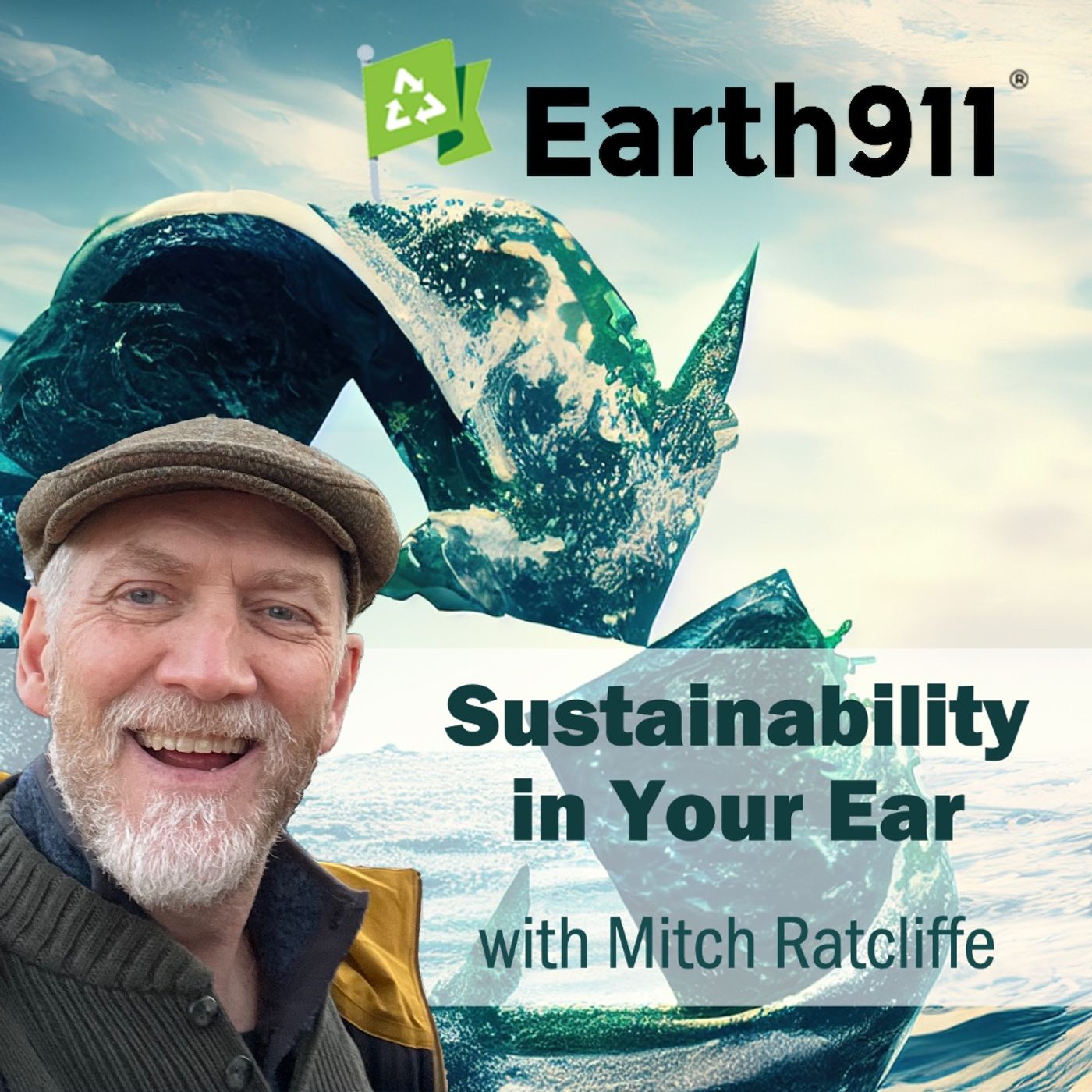 |
Sustainability In Your EarMitch Ratcliffe interviews activists, authors, entrepreneurs and changemakers working to accelerate the transition to a sustainable, post-carbon society. You have more power to improve the world than you know! Listen in to learn and be inspired to... Author: Mitch Ratcliffe
Mitch Ratcliffe interviews activists, authors, entrepreneurs and changemakers working to accelerate the transition to a sustainable, post-carbon society. You have more power to improve the world than you know! Listen in to learn and be inspired to give your best to restoring the climate and regenerating nature. Language: en Genres: Business, Earth Sciences, Entrepreneurship, Science Contact email: Get it Feed URL: Get it iTunes ID: Get it |
Listen Now...
The Net Zero Accelerator's Colin Mangham on Nature's Rules for Building A Sustainable Infrastructure
Episode 6
Monday, 23 February, 2026
We already have the technology to decarbonize buildings, and many pilot projects have shown it works. So why hasn’t progress toward net zero moved faster? Colin Mangham believes it’s because we’re still using outdated business models to promote new solutions. Colin is the Chief Experience Officer at the US Green Building Council California and leads its Net Zero Accelerator, the first program focused only on net-zero innovation for buildings. Since 2019, the accelerator has helped over 100 companies in a six-month program that stands out by putting real technology pilots into actual buildings with dedicated partners, then tracking the results. This approach has led to more than 60 pilot projects in California and beyond, providing the proven results that founders and investors need to move forward. Colin offers a unique mix of experience to this field. He has served as Chief Marketing Officer at four growing companies, co-founded and led Morpho Energy, which helps put unused commercial rooftops to work for solar, and he is a certified biomimicry specialist, which shapes what he teaches founders. He often thinks about beavers, which are keystone species that create habitats for others by building their own homes. As he tells entrepreneurs, “This thing that you’re creating, it should also create better living environments for the people and the neighboring organisms all around you.” It’s an approach that applies systems thinking to business strategy, leading to companies that differ from the typical Silicon Valley disruptors.To learn more about the Net Zero Accelerator, visit NetZeroAccelerator.org. Learn about the US Green Building Council of California at USGBC-CA.org.







new.png)

